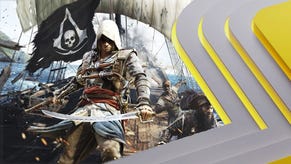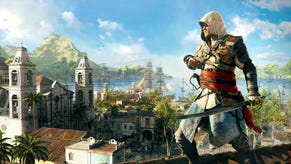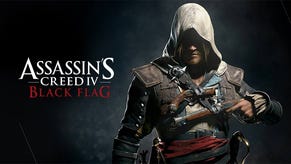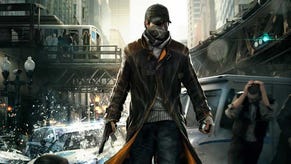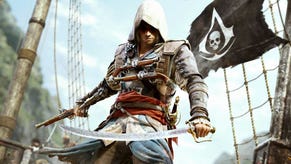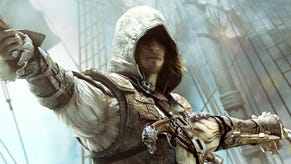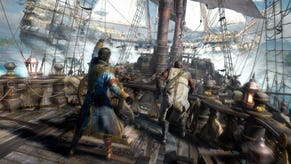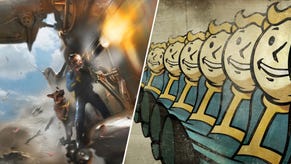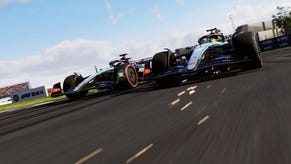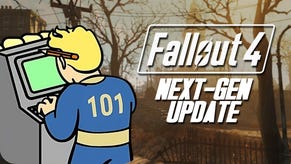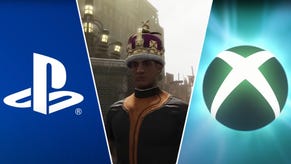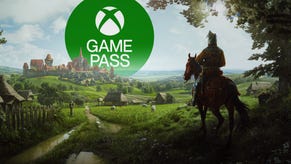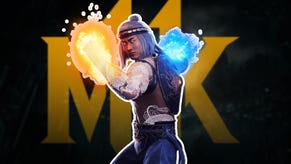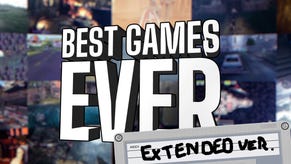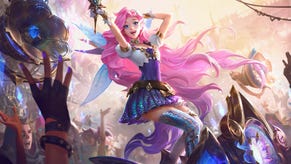Assassin's Creed 4 shows that listening to your critics works - opinion
Assassin's Creed 4: Black Flag remedies almost all of the complaints VG247's Dave Cook had regarding the third game. He reckons it's a fine showcase of what can happen when publishers take criticism on the chin.
It's kind of mad to think that Assassin's Creed 3 only just launched last year. Yet here we are in 2013, sailing the lavish high seas in Ubisoft's latest adventure, drinking in an experience that abolishes most of the previous game's shortcomings to memory. What a difference that year has made.
I once asked if it was perhaps too early to be talking about a fourth Assassin's Creed game. On one hand you had that old concern of market saturation, while on the other it was clear that Ubisoft Montreal wanted to quickly cool the backlash over its American Revolution caper.
That's not to say everyone disliked Assassin's Creed 3 of course. You had to admire the team's ambition in creating the large open world that it did. It was perhaps unfortunate that fellow sandbox title Red Dead Redemption captured the spirit of American history with greater success. Criticism of the game's plot coherency, blatant sign-posting, micro-payment model and limp contextual controls did little to help matters.
To this end, Assassin's Creed 4: Black Flag can be considered both apologetic and expansive. It's a tremendous technical achievement, one that reminds me of the leap in quality between the first two games in series. What you have is a showcase of what can happen when a studio genuinely drills down into the feedback, filters through genuine criticism and trolling then puts all of that collective data to work in the code. It's inspiring to witness and has restored my faith in the series' future.
Perhaps the game's defining feature is its open world. Rather than dole it out slowly or lock huge areas behind 'memory access' walls, you're given almost all of the Caribbean play-space within a short span of time. Kenway himself is fully-skilled from the off, with no childhood phase or stalling for time. Your first real moment of freedom comes in Cuba, where you are able to roam the sprawling city streets, take up assassination contracts, search for viewpoints and do whatever you please. This may sound similar to previous titles, but the world itself makes these tasks less of a slog.
This is down to Ubisoft's reluctance to copy-paste elements of the city to simply add more floor space to the map. Sure, you'll sometimes see the same blue doors or rooftop sections from time to time, but the landscape comes with greater definition than previous titles. You can walk the length of pirate haven Nassau and hear the sound of sea shanties coming from buzzing taverns, rescue pirates from being executed outside a plantation house and stalk crocodile in the nearby swamp. It's more about offering genuinely intriguing focal points rather than extending the Pac-Man maze of streets for the sheer hell of it.
Kenway himself is a more agile beast that his predecessors, and his free-running mechanic doesn't get muddled to the same degree as Connor's in Assassin's Creed 3. You'll still run up the wrong wall or get stuck at points but it's notably less of a concern this time around. He's a likeable git as well. Quick to drink, with an explosive temper and a fondness for injecting fists into faces, his skewed morality makes him more compelling than previous stars.
In short: he's a total bastard, the kind of rogue you enjoy watching on the big screen. Think Han Solo, but swap the Millennium Falcon for The Jackdaw schooner and there you go, it's Kenway in a nutshell. Once you get to explore the sea in full the sheer magnitude of Ubisoft's talent comes into play. It all clicks once you realise you can sail across the kilometers-wide environment, park up next to a desert island or shipwreck and hop over the edge to explore on foot. There's absolutely no loading screens between these moments either. It's bloody impressive.
Ship control is largely as it was in the third game, but you can upgrade the Jackdaw by selling booty or gathering scraps. You can also hire crew members to help you board weakened enemy vessels. The mechanics at play work a treat. The unbridled freedom to explore without being guided continually by HUD and map markers is truly liberating and things only get better when a storm whips up. You constantly wrestle against fearsome waves, avoid squalls and marvel at the menacing thrill of it all.
The only downsides I'm seeing so far - and I've played for around seven hours - include a return of some filler side-objectives such as chasing pieces of sheet music over rooftops to unlock new songs for your crew while at sea, and the occasional bug that sees NPCs acting crazy. There's also the parkour niggles I mentioned earlier and the improved - but still diluted - stealth system. Flattening against walls and whistling to draw in guards for the kill is now vastly improved, and there's no shortage of undergrowth to hide in, but it's still quite easy to just wade into a pack of goons and kill them all using the easy counter-melee mechanic.
Again, you just wait for the HUD marker to appear whenever a guard goes in to strike, tap B / Circle and counter by spamming the attack button. You may have to stop hammering it to pull off a guard-breaker or use a body as a human shield to soak up incoming gunfire, but it's still a familiar, simplistic format. One positive to be derived from the combat is Kenway's new rough-edged fighting style. He's a pub brawler essentially, which results in several painful and entertaining takedowns during scraps.
After all of these improvements - the detailed visuals, tangible setting, slicker mechanics, improved story-telling and more - Assassin's Creed 4 just presents a world you feel happy to explore. Anyone who recalls the giddy thrill of playing GTA 3 for the first time will know how it feels to have a world of possibility at your fingertips. Many of us may never feel that way again, but Black Flag is one of those games that goes some small way to bringing us back to that magical place.
As a world-building exercise, I'm convinced it's a success so far. I haven't touched on the modern day content because it's something I think you just need to see for yourself. It's full of fourth wall-breaking references and neat little secrets that I'd rather not spoil for you. I may return to it at a later date, because In the grand scheme of things I'm still miles away from finishing the final code.
But where Assassin's Creed 3 felt like a total endurance test to complete, I'm needing little persuasion to willingly press on with Black Flag. That surely speaks volumes in my mind.
Disclosure: To assist with writing this piece, Ubisoft sent Dave an Xbox 360 copy of Assassin's Creed 4: Black Flag. He's just over seven hours into the game as of Friday Nov 1, due to his copy arriving after launch.






